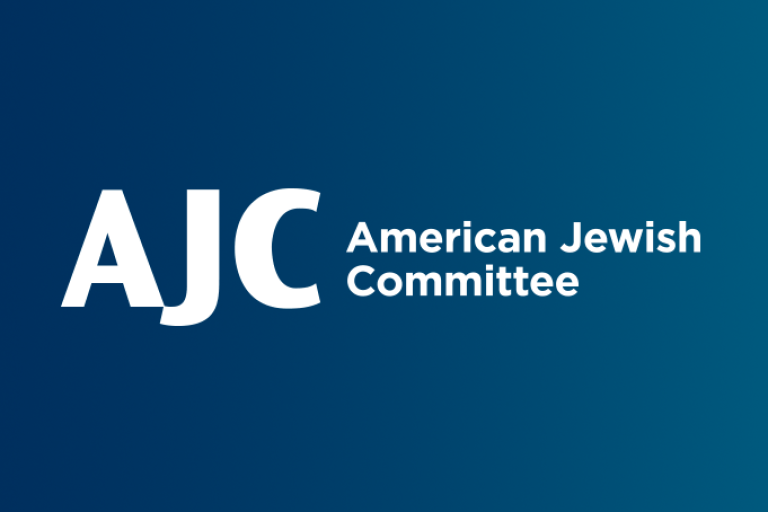July 13, 2022
On August 31, 1973, just before the Yom Kippur War, a 30-year-old freshman senator named Joe Biden has his first meeting with Israel’s head of state. As he likes to recount, then-Israeli Prime Minister Golda Meir assured him that the Jewish state had a “secret weapon” against the never-ending onslaught from Arab neighbors: “We have no place else to go.”
Biden has called that meeting with Meir and future Prime Minister Yitzhak Rabin “one of the most consequential meetings I've ever had in my life.” Nearly 50 years later, Biden has returned to Israel, this time as America’s head of state, a trip that could be even more consequential.
Biden’s Middle East tour includes Israel, the West Bank, and Saudi Arabia, where he, like his predecessors occasionally did in the past, will attend the annual summit of the Gulf Cooperation Council, an alliance composed of Kuwait, Bahrain, Qatar, the United Arab Emirates, Saudi Arabia, and Oman.
Retired U.S. Ambassador Marc Sievers, Director of American Jewish Committee’s office in Abu Dhabi: The Sidney Lerner Center for Arab-Jewish Understanding, said Biden’s attendance this year is especially important, as representatives from three additional Arab countries – Egypt, Jordan, and Iraq – are also expected to participate.
“I think it is part of an ongoing effort by the Gulf states to shore up kind of a moderate Arab center,” Sievers said, adding that the council will presumably talk about extending the ceasefire in Yemen, the impact of the Russian invasion in Ukraine on grain imports, and the role of the U.S. in maintaining stability in the region.
“Is the United States still a reliable security partner? I would argue, yes,” Sievers said, adding that defense cooperation was vastly improved by the Trump administration’s decision to move Israel’s membership in the U.S. designated military command from Europe to the Middle East, known as CENTCOM.
“The practical result of that is that senior Israeli military officers are engaged in direct discussions with their Gulf Arab and other Arab counterparts in the presence of the U.S. military commanders for the Middle East,” Sievers said. “That's been a tremendously important step toward increasing the security of the region and also just for these senior officers to get to know each other.”
Iran also will no doubt be on the agenda as well, Sievers said. But there won’t be a consensus on the level of threat posed by that nation’s nuclear ambitions. Bahrain feels directly threatened. Oman and Qatar want to maintain a dialogue. UAE is concerned about Iran but does not think confrontation is the solution.
“I would say it's a mistake to think that all the Gulf States view Iran the same way. They don't,” Sievers said. “There's quite a mix there and a lot for them to talk about, particularly if the Iraqis are in the room, where Iran has tremendous influence internally.”
In an interview with Israel’s Channel 12, Biden said that he would resort to using force against Iran as a “last resort.” Biden also signed the "Jerusalem Declaration" with Israeli Prime Minister Yair Lapid, in which, among other things, the U.S. vowed to use “all elements in its national power” to prevent Iran from obtaining nuclear weapons.
Since Biden’s last trip to Israel as vice president in 2016, Israel’s relationship with at least two members of the council has changed dramatically. The UAE and Bahrain will mark the second anniversary of the Abraham Accords in September. Morocco is not far behind. But don’t expect an expansion of the Abraham Accords during this visit, Sievers said.
“I don’t think that's going to happen suddenly,” Sievers said. “Yet there is a growing range of areas in which there is some element of cooperation or dialogue between Israel and Saudi Arabia. That's not entirely new. But it certainly has accelerated, I would say, even over the last six to eight months, including visits by Israeli businesspeople and discussions of some forms of defense cooperation.”
Economic cooperation also will be addressed during Biden’s visit, during a virtual summit of the I2-U2 alliance between India, UAE, U.S., and Israel, bringing India and thereby South Asia into a commercial and investment bloc that links up with the new economic alliances between Israel and the United Arab Emirates with the full backing of the U.S.


